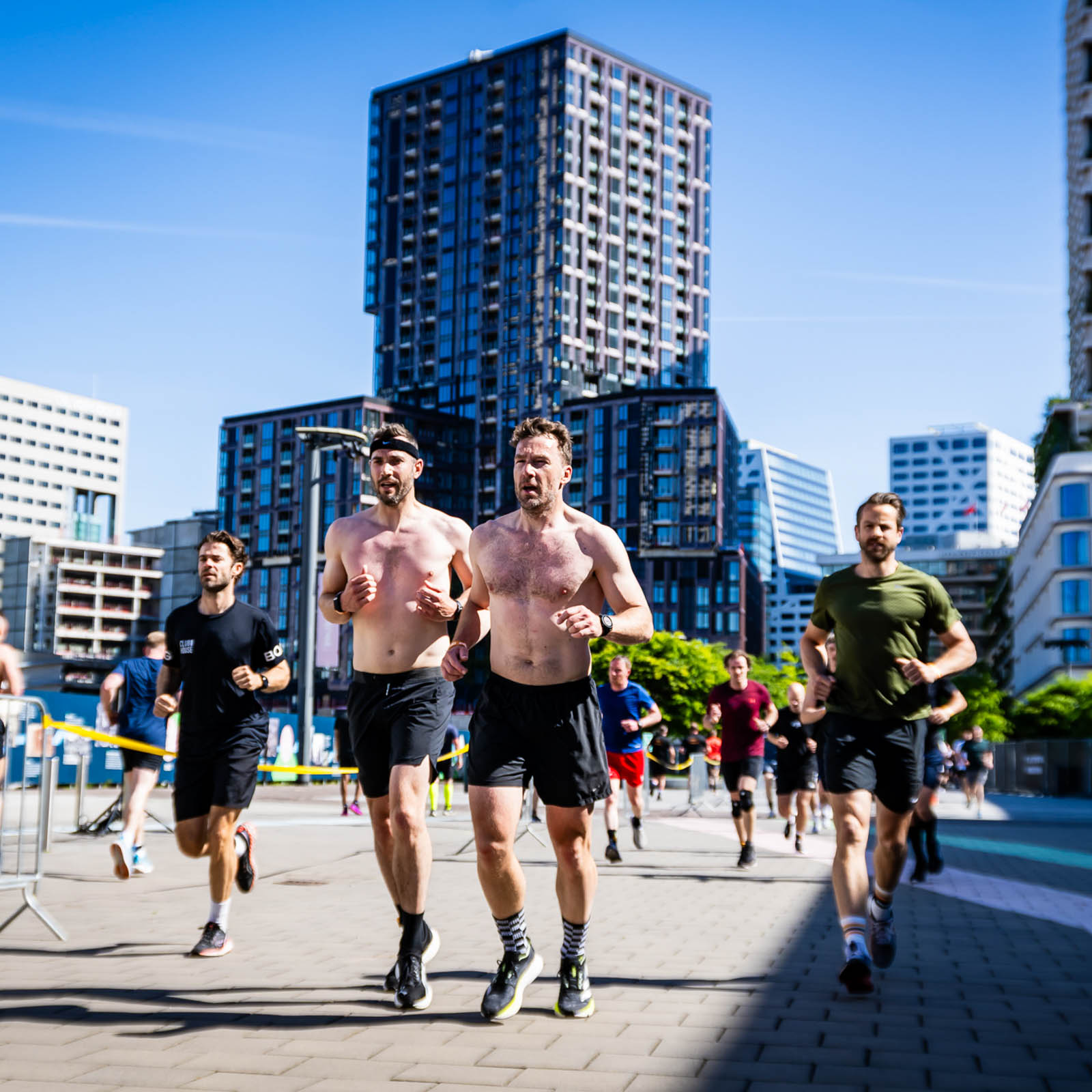
I recently talked to my aunt and uncle - they've been vegetarians for close to 50 years. They told me about how back in the day, it could be pretty challenging as vegetarians. They didn't have fancy meat replacements with added iron. They didn't get well researched nutrition advice on whether they could just drop meat and be fine, or whether they needed alternatives to make sure they got their essential nutrients.
Luckily, nowadays, it's a lot easier for people to be a vegetarian or even vegan/plant-based nowadays. Still, it can be confusing for some people to "do it right", especially if you do CrossFit or some sort of strength training. Most of us know by now that if you do intense training, you need to eat more protein if you want to recover better. So how does that work if you're a vegetarian or even vegan? Can you just stop eating meat or do you need meat replacements? Do you need supplements? Protein powder? How much?
I wrote down some advice on what you can do if you want to go on a plant based diet (or if you're a vegetarian that eats very little animal products) but still want to get more out of your strength and CrossFit workouts! It might get a little technical, but there's concrete advice at the end, so bear with me!
THE DIFFERENCE BETWEEN MEAT AND PLANTS
Let's get this one out of the way first. I want to focus on two relevant differences here between your steak and your tofu.
Protein consists of amino acids, building blocks that your body uses to help your body function. Plant sources of protein often don't have all the amino acids you need. As a vegetarian who eats cheese and eggs, you probably won't have to worry about it. Vegans need to take extra care to make sure that they vary their protein intake to make sure they get in all the amino acids they need. A common example is to combine rice and beans at a meal, because the amino acids in there complement each other.
Nowadays, we know that you don't have to combine them at every meal, but it's still important to eat them all on a daily basis. We'll revisit the practical advice later on!
Related to the above is what we call the "bio-availability" or "biological value" of protein. It basically means that some proteins are better absorbed in the body than others. Animal protein has a way higher BV, which automatically means that vegans have a higher protein requirement. The same goes for vegetarians that eat very little animal products. Depending on what your overall diet looks like, this could be 20-40% higher than someone who frequently eats animal products. Several factors play a role in this, but the amino acids are a big one there, which gives us a hint in the possible solution to all this. But first...
DOES IT MATTER?
For someone who just wants to be healthy, your protein requirements are not that high. An 80kg adult only needs 35g of protein per day to survive - or maybe 40-45 if you're plant based. For actually being healthy, you'd double that. Someone who wants to recover well from training or build muscle mass could go up to 140g per day, or 180+ if you're eating plant based.
For reference:
100 grams of meat or tofu is normally around 15-20 grams of protein.
100 grams of legumes like brown beans would be around 8 grams of protein.
A glass of milk is around 7 grams of protein.
An egg is usually around 6-9 grams of protein.
*Side note: Meat replacements CAN be protein rich, but some of them certainly aren't. The only way to be sure is to check the packaging!
This means there's a very wide margin depending on your goals and sometimes it's not worth worrying about all the details. As a vegetarian who frequently eats animal products, you probably don't have to overthink all this. Just eat varied, eat your veggies, drink your milk and eat your eggs. You'll be fine. If you have a plant based diet and are serious about improving your performance, you'll have to go more in depth.
SO WHAT NOW?
Let's get practical and start off by answering these two questions:
Do you need a high protein intake because of your goals?
Does your current protein intake negatively impact your health and performance as a sports enthusiast?
If the answer is yes to both, consider the following guidelines.
- Eat plenty of grains and legumes everyday. Especially legumes are slightly less common in the average Dutch diet even though they have plenty of health benefits. Add some nuts and seeds here and there.
- Consider a plant based protein powder. This can help overall protein intake as well as the average quality of your protein intake... Assuming the powder is good quality. Find one that mixes rice and pea protein, or something specifically made to cater to people on plant based diets. Silverback Protein and Orange Fit are two Dutch brands that sell these types. Take this protein shake somewhere in the day where you would otherwise eat little protein. (Upon waking or after your workout are common moments to do this.)
- If you're specifically looking to build muscle and you really want to make sure you're not missing out, you could go more in depth to take lysine - an amino acid that plant based diets tend to miss out on. 1-2g per day can help, whenever is convenient.
- The last supplement that could be useful is leucine, which is part of BCAA's. For most people, BCAA's are a completely useless supplement, despite it's popularity. There is one exception: You can take 2 grams with a vegan meal to make sure you immediately increase the average quality of the protein in the meal and improve absorption.




